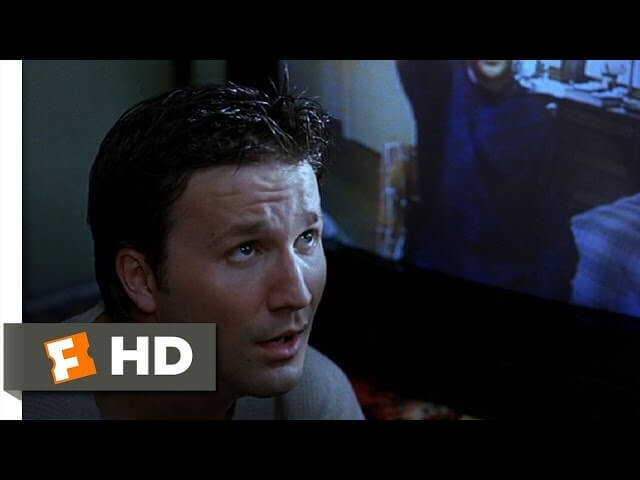You can’t take it back: 8 Shame MacGuffins in pop culture

The MacGuffin is a time-honored pop-culture device, the object of desire driving countless films, TV episodes, novels, and games: Whole casts of characters seeking out the Maltese Falcon, the briefcases from Pulp Fiction and Kiss Me Deadly, or the 1964 Chevy Malibu in Repo Man. Sometimes their acquisition promises rich rewards; sometimes, as in the eight examples that follow, it just means avoiding humiliating damage to personal and professional lives. But, like all MacGuffins, these objects are ultimately meaningless—merely the incitement for hijinks, romantic drama, and at least one swashbuckling quest to preserve the good name of a French royal.
Join the discussion...